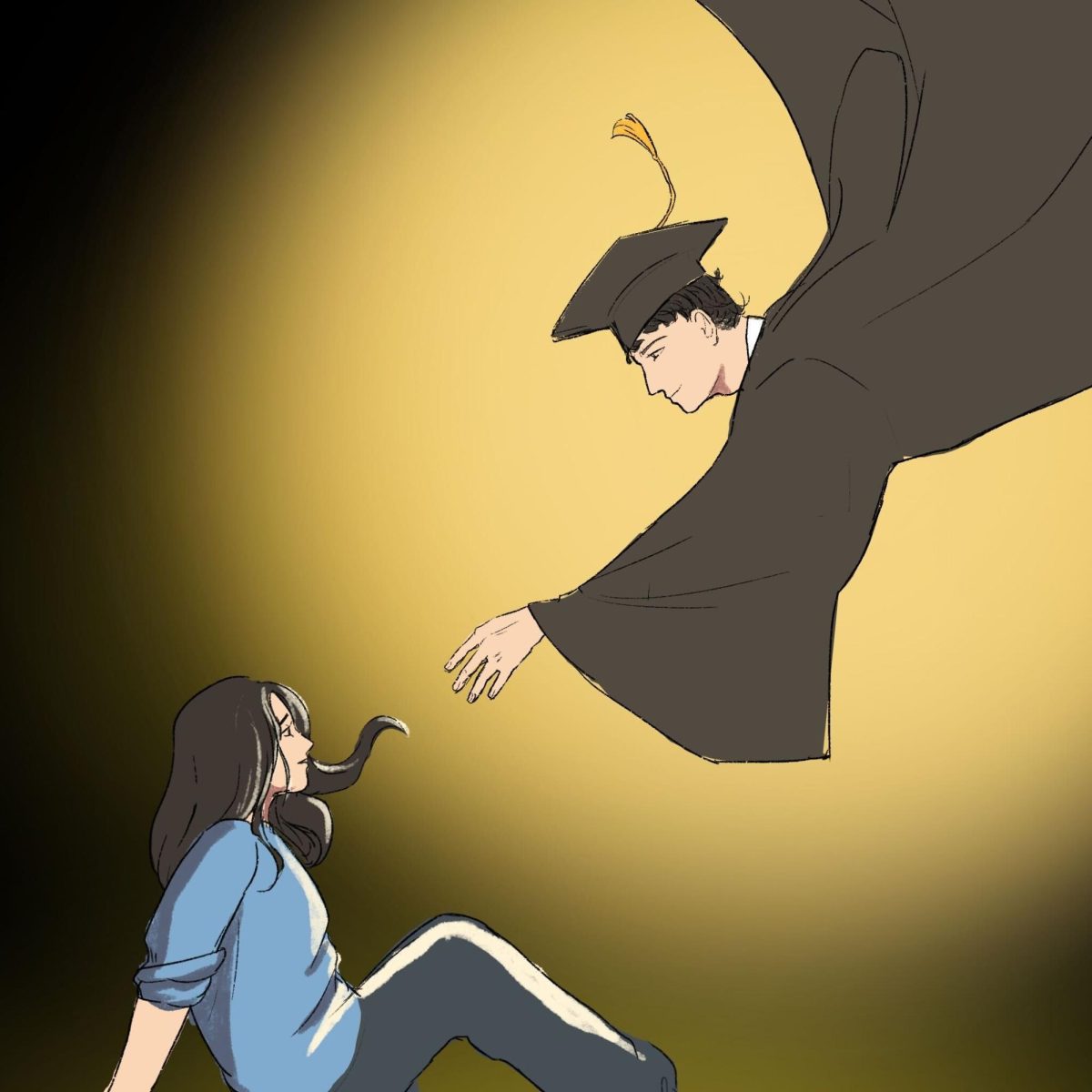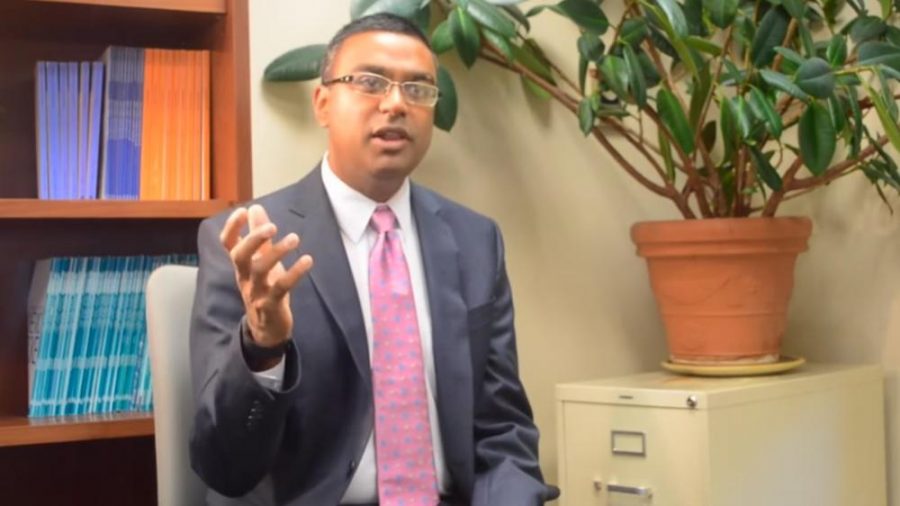Pitt sociology professor Mike Epitropoulos expected to see bright lights or feel pain before he suffered cardiac arrest in the University Club gym five years ago.
But the only thing he felt before waking up in the hospital in April 2010 was slight frustration — he had dropped his iPod and was bending down to pick it up when he lost consciousness.
Epitropoulos had no heart rhythm before a nurse and Pitt police officer used an AED to save his life.
“I didn’t know you could have cardiac arrest without having a heart attack,” Epitropoulos said.
To raise awareness and help other survivors of cardiac arrest, Epitrolpoulos, Pitt’s Department of Emergency Medicine Center for Cardiac Arrest Survival and several other survivors have created a crowdfunding campaign to raise money for home-based CPR training kits. In addition to equipping people to respond to cardiac arrest, the kits will also provide research opportunities for a study on anxiety and depression in survivors.
Cardiac arrest occurs when the heart stops during a heart attack, after breathing problems or because of electrolyte imbalances. When the heart stops pumping, the body doesn’t recieve any oxygen and goes into arrest.
The campaign, hosted on the Office of Institutional Advancement’s crowdfunding platform EngagePitt, is aiming to buy around 200 kits, which cost $30 each.
Ankur Doshi, an emergency medicine professor at Pitt, started the campaign Nov. 30, to raise money for the kits, which will include an AED, a mannequin to practice using the AED on and an educational DVD on how to use an AED. The kits teach users basic CPR and AED skills as part of a research study on anxiety and depression in cardiac arrest survivors.
By studying the kit recipients and evaluating surveys given to recipients, Doshi hopes to assess how additional education about the condition affects patients’ levels of anxiety and depression. The researchers will check-in with patients twice: six months and one year after they recieve a kit in order to see whether to kits have any impact on alleviating post-arrest depression.
The campaign would be EngagePitt’s next fully funded project, the platform’s 19th completed project since the site launched in early 2015. Currently, the site lists 23 total projects as completed or ongoing.
Since November, the cardiac arrestcrowdfunding page has raised $4,616 — 92 percent of its $5,000 goal — which would be enough money to complete the study. The campaign closes Jan. 14, and Doshi said he is confident that it will meet the $5,000 goal.
The kits, according to Doshi, cost about $30 each. The emergency medicine department purchased the first 100 kits with a grant.
“[Kit recipients] can teach themselves and their friends and family how to do CPR — the kits come with a mannequin and a DVD,” Doshi said.
According to the American Heart Association, 420,000 cardiac arrests occur outside of hospitals every year. In 2013, the national average for cardiac arrest survival was 9.5 percent.
Some cardiac arrest victims experience chest pain, shortness of breath or an asthma attack before the heart stops, but Doshi said about half of victims — like Epitropoulos — do not show any signs or symptoms. Despite the number of cardiac arrest incidents, many people still harbor misconceptions about the possibility of having one — including those whom the condition affects.
“When people think of cardiac arrest, they think of older people, but it affects younger people in their 30s and 40s,” Epitropoulos said.
Even still, Doshi said the cardiac arrest survival rate in Pittsburgh — about 16 percent — is greater than the national average of about 10 percent.
“Immediate bystander CPR greatly increases the odds of survival,” Doshi said. “About one-third of people [nationwide] get bystander CPR.”
On campus and throughout the city, several classes have sprung up to teach Pitt students and faculty, including nursing students, CPR.
Walt Stoy, director of the emergency medicine program in the School of Health and Rehabilitation Sciences, said the Center for Emergency Medicine of Western Pennsylvania offers classes monthly to teach both CPR and AED skills for anyone who wants to register.
“To my knowledge, CEM taught all the nursing students at the University of Pittsburgh this year,” Stoy said.
Epitropoulos said he would like to see more CPR and AED classes at Pitt for students and faculty. He has tried and failed to find a CPR instructor to teach a four-hour class to his medical sociology students. For the spring semester, Pitt offers eight CPR and first aid training classes and one course that teaches students to become American Red Cross instructors and certify others.
Since his hospitalization, Epitropoulos said he is more appreciative and thankful in his daily life.
“It didn’t stop me, it motivated me,” Epitropoulos said. “It was the best appreciation filter that I was ever given.”
Epitropoulos continues to speak with and write letters to donors to support the crowdfunding effort.
Doshi said extra money from the campaign will go toward survivor support groups and sponsoring survivors to go to national conferences. .
“Most people know someone who has cancer or a stroke because the survival rates are greater,” Doshi said, “but not many people know a cardiac arrest survivor.”



